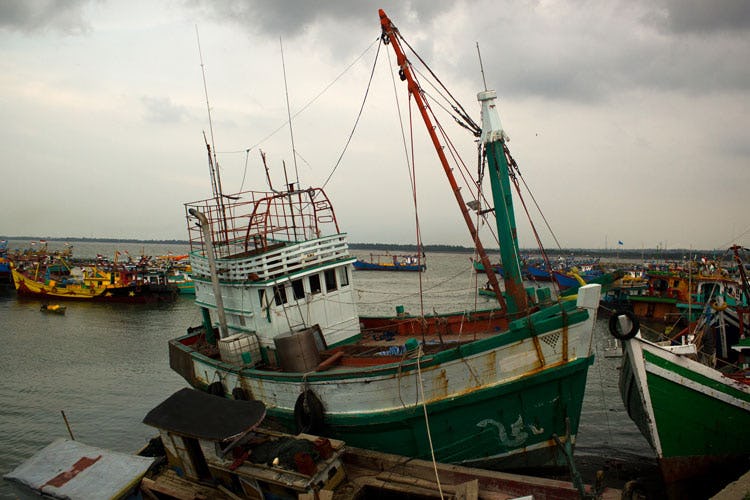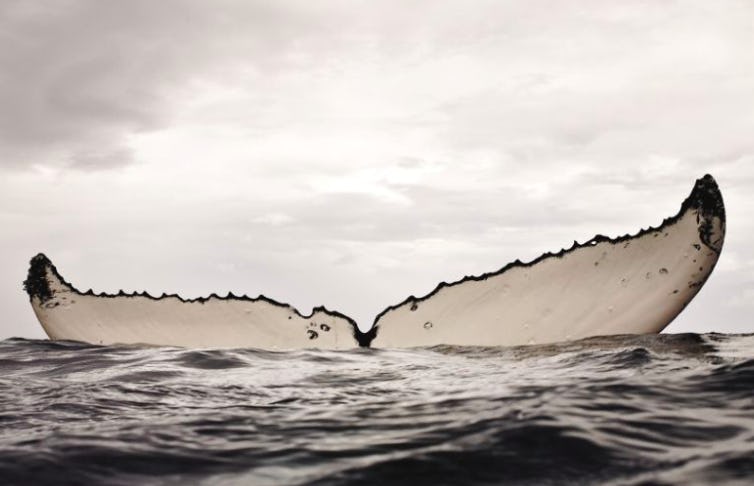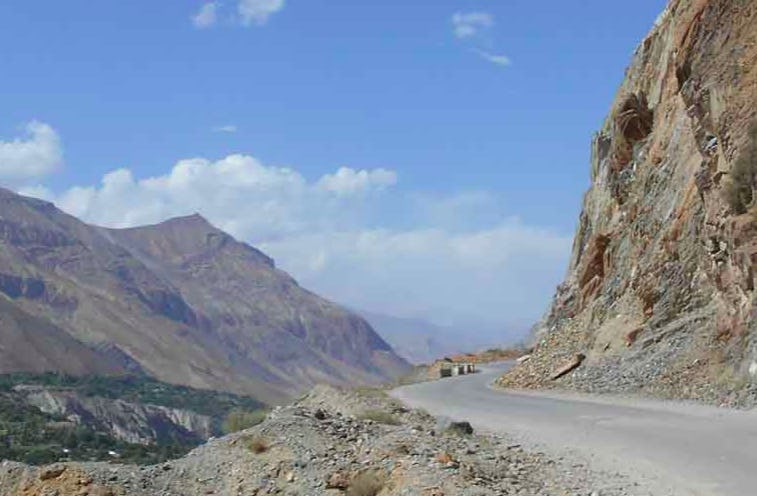Granta

The Tamarind is Always Sour
In this journalistic essay from 2017, Keane Shum recounts interviewing Rohingya refugees for the UNHCR. As he pieces together the horrific conditions under which interviewees are transported by human smugglers across the Bay of Bengal and Andaman Sea, he reflects on his Chinese-Indonesian heritage and his family’s own history of crossing oceans in search of refuge.
My team and I interviewed hundreds of Rohingya who made this journey, and their testimonies were remarkably consistent and consistently terrifying. The only more inhumane crossing I have ever heard or read about is the Middle Passage, the part of the slave journey across the Atlantic that killed millions of Africans between the sixteenth and nineteenth centuries. To be clear, the Rohingya were not enslaved on ships – most at least started the journey voluntarily – but the conditions were so brutally coercive that they were arguably all victims of human trafficking.

Whale Fall
A few years ago I helped push a beached humpback whale back out into the sea, only to witness it return and expire under its own weight on the sand. For the three days that it died the whale was a public attraction. People brought their children down to see it. They would stand in the surf and wave babies in pastel rompers over the whale, as if to catch the drift of an evaporating myth.

Road to Chitral
To get to Chitral, I had to travel through Peshawar. I stayed there overnight for my bus that left in the morning. I liked the city – the blooming jacarandas, the gaudy rickshaws. When I was a little boy, my parents used to bring me to Peshawar to visit my uncle’s family who lived in the Meteorological Colony, next to what is now the Intercontinental Hotel and what was then a paddock. Years later, a terrorist bomb blew up the hotel and shattered the windows of their house, but in those days there were no terrorist bombs.